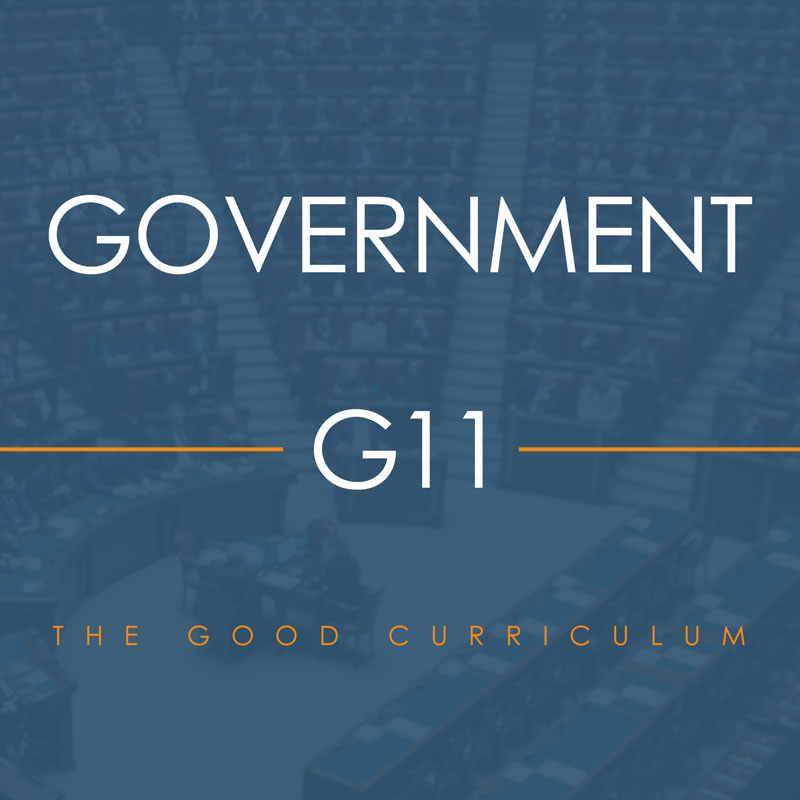Description
https://www.youtube.com/watch?v=KPPl3-G67qM#action=share
I teach the first half of the course on government. Tom Woods teaches the second half. This is normally a freshman course. But it can be taken earlier or later.
Let’s begin with a six-minute video. This is political reality in the United States. It is the same in all modern democracies. Special-interests soak the government. The voters do nothing about this.
https://www.youtube.com/watch?v=5tu32CCA_Ig#action=share
This is the politics of plunder. The question is this: “How can society protect itself from this?” My course is devoted to an analysis of this problem.
I begin my course with a one-week survey of the writings of the conservative sociologist, Robert Nisbet. I studied under Nisbet in the late 1960s. He was a first-rate historian of ideas, and a first-rate social thinker. He became highly influential in the conservative intellectual movement, beginning around 1966, and his influence extended until his death 30 years later. I was fortunate to have studied under him as a graduate student in this preliminary phase of the second phase of his remarkable academic career.
Nisbet made the point as early as 1944 that the West had moved in the direction of totalitarianism in the first half of the 20th century, because “government” became synonymous with “the state.” So did society in general: society = the state. The state extended its rule, its authority, and its declared sovereignty over every area of life. It defined society as the state, and it defined government as the state. It asserted a comprehensive monopoly, and this left individuals without protection from the state by an appeal to intervening social and political institutions, which had protected citizens in the West for over a millennium.
Nisbet convinced me a generation ago that it is necessary to challenge this presupposition of the modern state: its claim of being the only legitimate form of government. It defines government as civil government, and only civil government. Therefore, the first step in challenging the state is to assert the legitimate claims of other forms of government: individual self-government, family government, and church government. Whenever the state extends its authority into every nook and cranny of the other legitimate governments, the result is a loss of liberty.
I devote the first week of the course to consideration of Nisbet’s arguments.
From there, I go to the writings of Frédéric Bastiat. He wrote his major work, The Law, in 1850, the year of his death. I go through The Law and his essay on government, line by line, for two weeks. His argument was simple: it is the sole task of civil government to defend liberty, property, and personal safety. If the civil government extends beyond this limited range of authority, it must adopt the politics of plunder. His writings constitute effective challenges to the concept of the politics of plunder.
Then I go on to a study of what used to be called the clichés of socialism. That was a book published by the Foundation for Economic Education in 1962. I became the director of seminars for FEE in 1971. FEE used that book for all of its summer seminars. It has been revised to incorporate the latest statistics on the expansion of the American state. It goes through 76 clichés of socialism, all from the perspective of Bastiat: an analysis of the politics of plunder.
Then I survey one of the funniest books ever written on politics, What Makes You Think We Read the Bills? It was written by my colleague and friend, California State Senator Bill Richardson, who was the founder of Gun Owners of America. It is a funny book, and it is an accurate book. He and I worked on projects in the late 1960s, when Jerry Brown was the governor. He is still the governor.





Reviews
There are no reviews yet.